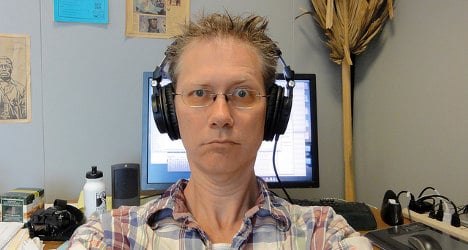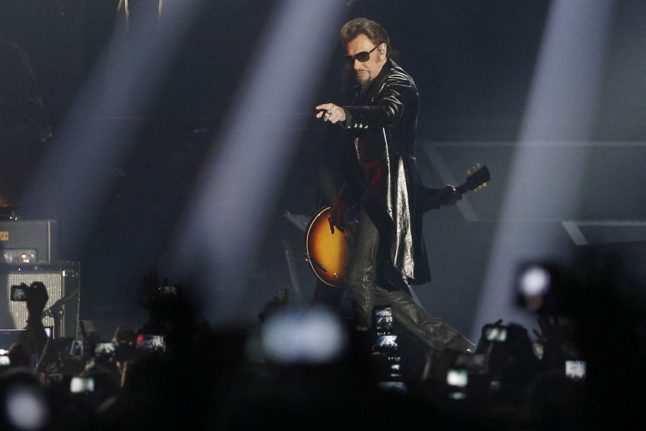Rock, jazz, flamenco, or classical music: for some people it all sounds like so much noise.
While most people react to music emotionally, and with an increased heart rate and by sweating more, a small group don't feel a thing.
And while a lack of ability to enjoy everyday activities is generally considered a sign of depression, there is nothing wrong with these people. Instead they are suffering from researchers are calling specific musical anhedonia.
That's the finding of a new study carried out by a global team of researchers headed up by the University of Barcelona and Catalonia's Bellvitge Institute of Biological Investigation and published in Current Biology.
"We wanted to look at music because its something that exists across cultures and doesn't have a biological function," study author Josep Marco told The Local.
"Music is also something instinctual, and very direct, and it's often assumed that everyone actually likes music. But we wanted to find out if that was actually true."
To test this idea, researchers first used a web questionnaire to identify people who might have this lack of feeling for music.
Study participants were then asked to listen to music chosen by other university students. Among the pieces of music chosen were Puccini's Nessun Dorma, the Four Seasons of Vivaldi, and the theme song from the 1992 Barcelona Olympics.
Pavarotti sings the aria Nessun Dorma from the Puccini opera Turandot
While listening, volunteers had to press a button depending on whether they didn't like the piece of music much, they liked it a lot, or it left them cold.
"We found that some people didn't respond at all to the music," Marco said.
Researchers then looked at whether people who didn't respond to music emotionally had a problem with their neural reward system.
But an experiment which measured excitement about earning money showed these 'non-musical' people had an increased heart rate and sweated more. In other words they were healthy.
The findings suggest music has its own pathways in the rewards system, the scientists said.
"The identification of these individuals could be very important to understanding the neural basis of music — that is, to understand how a set of notes (is) translated into emotions," Marco said in a separate statement.
Some 1 to 5 percent of people suffer from specific musical anhedonia, the researchers estimate.
"We've had a lot of emails from people since the study was published saying 'I've never liked music, and people have always told me it was strange,'" Marco told The Local.
"But this is not an illness, and it's not something that needs to be 'fixed.'"
Don't miss stories about Spain, join The Local on Facebook and Twitter.



 Please whitelist us to continue reading.
Please whitelist us to continue reading.
Member comments